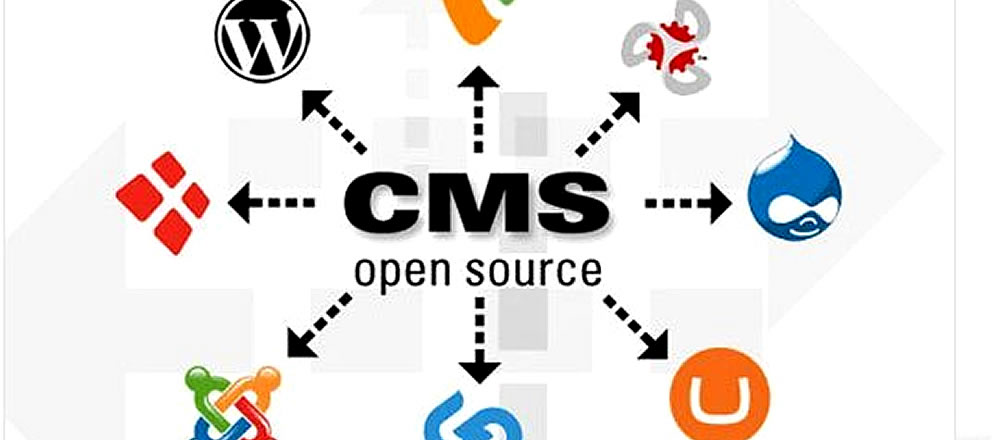Open Source Content Management Systems (CMS) are software platforms that enable the creation, management, and organization of digital content on websites. These systems are freely available, and their source code can be accessed, modified, and distributed by the user community. Open source CMS options provide flexibility, customization, and cost-effectiveness for individuals and businesses looking to establish and maintain an online presence. Here are some popular open source CMS platforms:
1. WordPress:
WordPress is one of the most widely used open source CMS platforms, powering a significant portion of the internet. Known for its user-friendly interface, extensive plugin ecosystem, and robust community support, WordPress is suitable for various types of websites, from blogs to e-commerce.
2. Joomla:
Joomla is a versatile open source CMS that allows users to build websites and powerful online applications. With a focus on extensibility and ease of use, Joomla is suitable for creating websites with diverse functionalities, including social networking, e-commerce, and more.
3. Drupal:
Drupal is a robust open source CMS known for its flexibility and scalability. It is often used for building complex and highly customizable websites, including those with advanced user permissions, content workflows, and community features.
4. Magento:
– Magento is an open source CMS specifically designed for e-commerce websites. It provides a feature-rich platform for online stores, offering powerful tools for product management, customer relations, and order processing.
5. TYPO3:
TYPO3 is an enterprise-level open source CMS that caters to large and complex websites. It is highly extensible and customizable, making it suitable for businesses and organizations with specific requirements for content management and digital experiences.
6. Plone:
Plone is an open source CMS built on the Python programming language. It is known for its security features and is often used for building intranets, extranets, and content-rich websites.
7. Ghost:
Ghost is a lightweight open source CMS specifically designed for blogging. It provides a clean and simple interface for content creators and is optimized for performance, making it an excellent choice for bloggers and publications.
8. Umbraco:
Umbraco is an open source CMS built on the Microsoft .NET framework. It is user-friendly and customizable, suitable for creating a variety of websites, from small business sites to large enterprise solutions.
9. SilverStripe:
SilverStripe is an open source CMS and framework that offers a flexible and intuitive content authoring experience. It is well-suited for building websites, intranets, and web applications.
10. Liferay:
Liferay is an open source portal and digital experience platform. It is used for building enterprise-level websites and intranets, offering features such as content management, collaboration, and integration with other enterprise systems.
When choosing an open source CMS, factors such as the nature of the website, technical requirements, ease of use, and community support should be considered. These platforms empower users to create and manage content effectively while benefiting from the collaborative efforts of the open source community.

